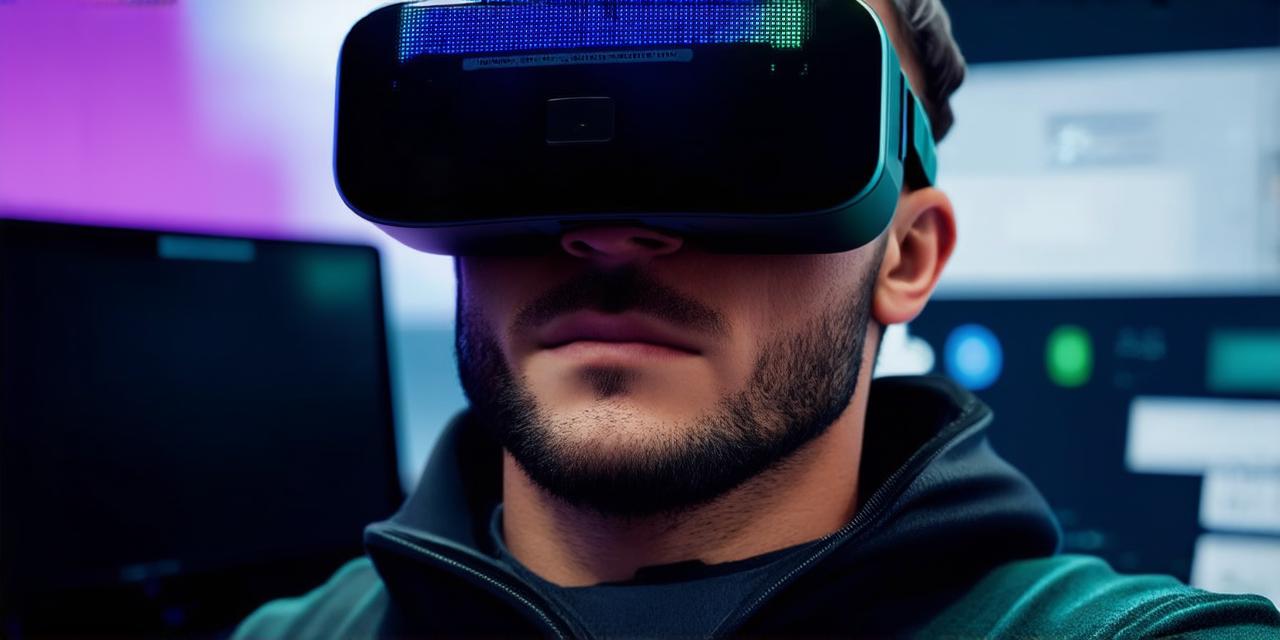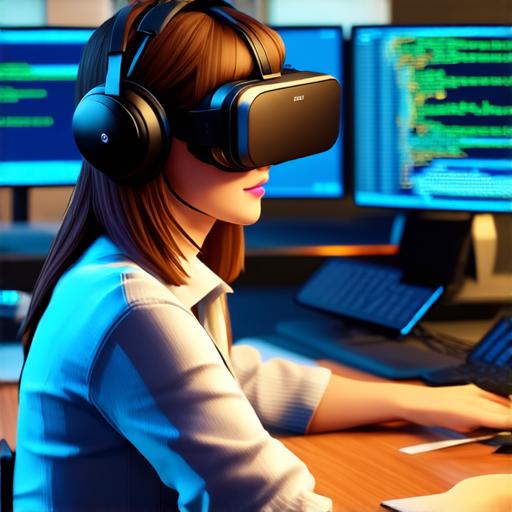
Ways to Become a Virtual Reality Developer
1. Online Courses
One of the most convenient and effective ways to learn about VR development is through online courses. Platforms like Udemy, Coursera, and edX offer a range of courses on topics such as game development with Unity, 3D modeling with Blender, and VR programming with Unreal Engine. These courses can help you build the skills and knowledge needed to become a proficient VR developer.
2. Hands-On Experience
In addition to online courses, hands-on experience is essential for becoming a successful VR developer. You can gain practical experience by building your own VR projects or working on open-source projects. Websites like GitHub and Bitbucket offer a range of VR projects that you can contribute to, helping you develop your skills and build your portfolio.
3. Networking Opportunities
Networking is an important part of any career, and it’s especially crucial in the world of VR development. Attend conferences and meetups focused on VR development to connect with other developers, industry experts, and potential employers. Join online communities and forums to stay up-to-date on the latest developments in VR technology and to ask questions and get feedback from other developers.
4. Case Studies and Personal Experiences
Case studies and personal experiences can provide valuable insights into the world of VR development. For example, you might read about a successful VR game that was developed using Unity or Unreal Engine, or you might hear about a person who started out as a novice developer and became an expert in the field. These stories can inspire and motivate you to pursue your own career in VR development.
5. Expert Opinions
Expert opinions from industry leaders can also be helpful when it comes to becoming a VR developer. For example, a VR game developer might offer advice on the most important skills for VR developers to have, while an education specialist might discuss the potential of VR in the classroom. These insights can help you better understand the field and what’s expected of you as a developer.
6. Real-Life Examples
Real-life examples can be especially compelling when it comes to VR development. For example, you might see a virtual reality tour of a museum or a VR simulation of a medical procedure. These examples can help you visualize the potential of VR technology and inspire you to create your own VR projects.
Conclusion
Becoming a virtual reality developer is an exciting and rewarding career path that offers endless possibilities for innovation and creativity. By taking advantage of online courses, hands-on experience, networking opportunities, case studies, expert opinions, real-life examples, and more, you can gain the skills and knowledge needed to succeed in this fast-growing field. So if you’re passionate about technology and looking for a new challenge, consider becoming a VR developer today!
FAQs
What skills are needed to become a virtual reality developer?
Strong programming skills, 3D modeling and design skills, and experience with VR development tools like Unity or Unreal Engine.

How can I gain hands-on experience in VR development?
Build your own VR projects, contribute to open-source projects on platforms like GitHub and Bitbucket, and participate in coding challenges and hackathons focused on VR development.
What are some common mistakes that beginners make when learning VR development?
Not investing enough time and effort into learning the basics, not seeking out feedback and guidance from experienced developers, and not staying up-to-date on the latest developments in VR technology.


